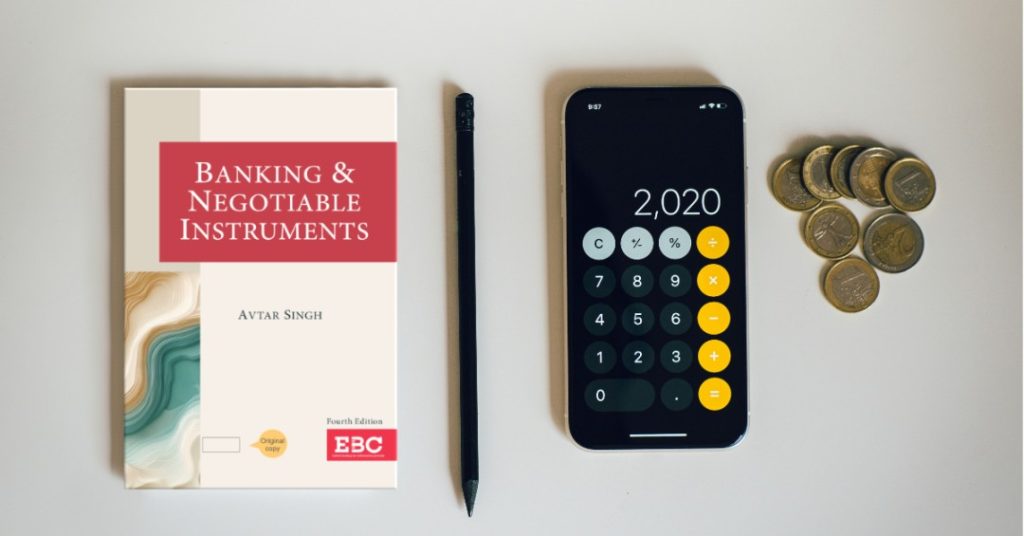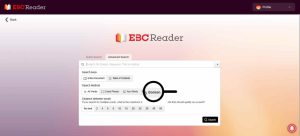
Imagine waking up one morning, trying to pay for your daily essentials, and suddenly realizing your bank account is frozen. No warning. No prior intimation. Panic sets in. But can your bank legally do this? And if yes, under what circumstances? Let’s break down the situation, understand the relevant laws, and learn your rights as an account holder.
When Can a Bank Freeze Your Account?
First and foremost, banks cannot randomly freeze your account without a valid reason. However, there are several situations where they legally have the right—and sometimes the obligation—to restrict your access to funds.
- Suspected Fraud or Suspicious Transactions
Under the Prevention of Money Laundering Act, 2002 (PMLA), banks are required to monitor unusual or suspicious transactions. If there’s any suspicion of:
- Money laundering
- Terror funding
- Identity theft
- Large unexplained deposits
…the bank can temporarily freeze your account until further investigation.
Additionally, the Reserve Bank of India (RBI) has laid down strict Know Your Customer (KYC) norms under the Master Direction on KYC, 2016 (updated from time to time). If your KYC details are incomplete, outdated, or inconsistent, the bank has the authority to restrict or suspend your account until compliance.
- Income Tax Department Orders
If the Income Tax Department suspects tax evasion or discrepancies in your returns, it can issue a notice under Section 226(3) of the Income Tax Act, 1961 to your bank. The bank is then legally bound to freeze your account and restrict withdrawals until the dues are cleared.
This typically happens when:
- There are pending tax liabilities
- A search or raid has been conducted
- Authorities suspect unaccounted income
- 3. Court Orders and Government Directives
Banks must also comply with court orders or instructions from government agencies. For example:
- Courts may issue a directive under the Code of Civil Procedure, 1908 to freeze assets during ongoing litigation.
- Enforcement agencies like the Enforcement Directorate (ED), Central Bureau of Investigation (CBI), or Serious Fraud Investigation Office (SFIO) may direct banks to freeze accounts linked to financial crimes.
Under Section 102 of the Code of Criminal Procedure (CrPC), if the police believe that money in your account is connected to an offence, they can instruct the bank to freeze it.
- Loan Defaults and Recovery Proceedings
If you have taken a loan and defaulted on repayments, the bank cannot directly freeze your account unless your loan agreement contains a set-off clause allowing it to recover dues from linked accounts. However, if the matter reaches the Debt Recovery Tribunal (DRT) or the National Company Law Tribunal (NCLT), these bodies can direct banks to freeze funds.
Relevant RBI Guidelines on Freezing Bank Accounts
The Reserve Bank of India (RBI) has issued several guidelines and circulars that banks must follow before and during the freezing of accounts. Some key highlights include:
1. RBI Master Direction on KYC, 2016 (Updated)
- Banks must conduct due diligence on all customers and ensure proper verification of identity and address.
- If KYC documents are missing, invalid, or inconsistent, banks may freeze the account after giving the customer due notice.
- However, once the customer updates the KYC, the freeze must be lifted immediately.
2. RBI Circular on Freezing of Accounts for AML/CFT
Under Anti-Money Laundering (AML) and Combating Financing of Terrorism (CFT) obligations, RBI mandates that:
- Banks must report suspicious transactions to the Financial Intelligence Unit (FIU-IND).
- If instructed by FIU-IND or an investigating agency, banks must freeze the account immediately.
- Customers may not always be informed beforehand, especially if it risks compromising the investigation.
3. RBI Master Circular on Customer Service in Banks
- Banks should inform customers wherever possible if their accounts are being frozen.
- In cases involving KYC issues, incorrect PAN details, or mismatched Aadhaar information, banks must issue prior notices.
- However, if the freeze is due to government directives, court orders, or financial crime investigations, no prior notice is required.
These guidelines ensure that banks do not misuse their powers and that customers are protected from arbitrary freezes.
Do Banks Have to Inform You Before Freezing Your Account?
The answer is: it depends.
- No Prior Intimation:
If your account is frozen due to money laundering, suspicious activity, tax recovery, or court orders, the bank is not required to notify you in advance. - Prior Notice Required:
If the freeze is due to KYC issues or non-compliance with RBI guidelines, banks must give you reasonable time to update your records.
This balance protects both customer rights and national financial security.
What Should You Do If Your Account Is Frozen?
If your account gets frozen, don’t panic. Follow these steps:
- Contact Your Bank Immediately
- Ask for the reason and request a written explanation if possible.
- Check for Official Notices or Emails
- Sometimes, the bank sends prior warnings that may have gone unnoticed.
- Update KYC and Submit Documents
- If the freeze is due to missing or outdated documents, resolve it quickly.
- Consult a Lawyer
- If the freeze is due to IT department orders or legal directives, get legal advice to challenge or comply with the order.
Key Takeaways
- Yes, banks can freeze your account without prior warning, but only under specific legal circumstances.
- RBI guidelines, PMLA provisions, the Income Tax Act, and court orders define when and how banks can restrict funds.
- Customers have a right to be informed in non-criminal situations like KYC issues.
- Staying compliant with KYC norms and maintaining clean financial records is the best way to avoid sudden disruptions.
Understanding the legal framework and RBI guidelines around account freezes is essential for every banking customer. If you want to dive deeper into banking laws, negotiable instruments, and customer rights, check out Avtar Singh’s “Banking and Negotiable Instruments” — a comprehensive guide that simplifies complex banking concepts for professionals and individuals alike.
















